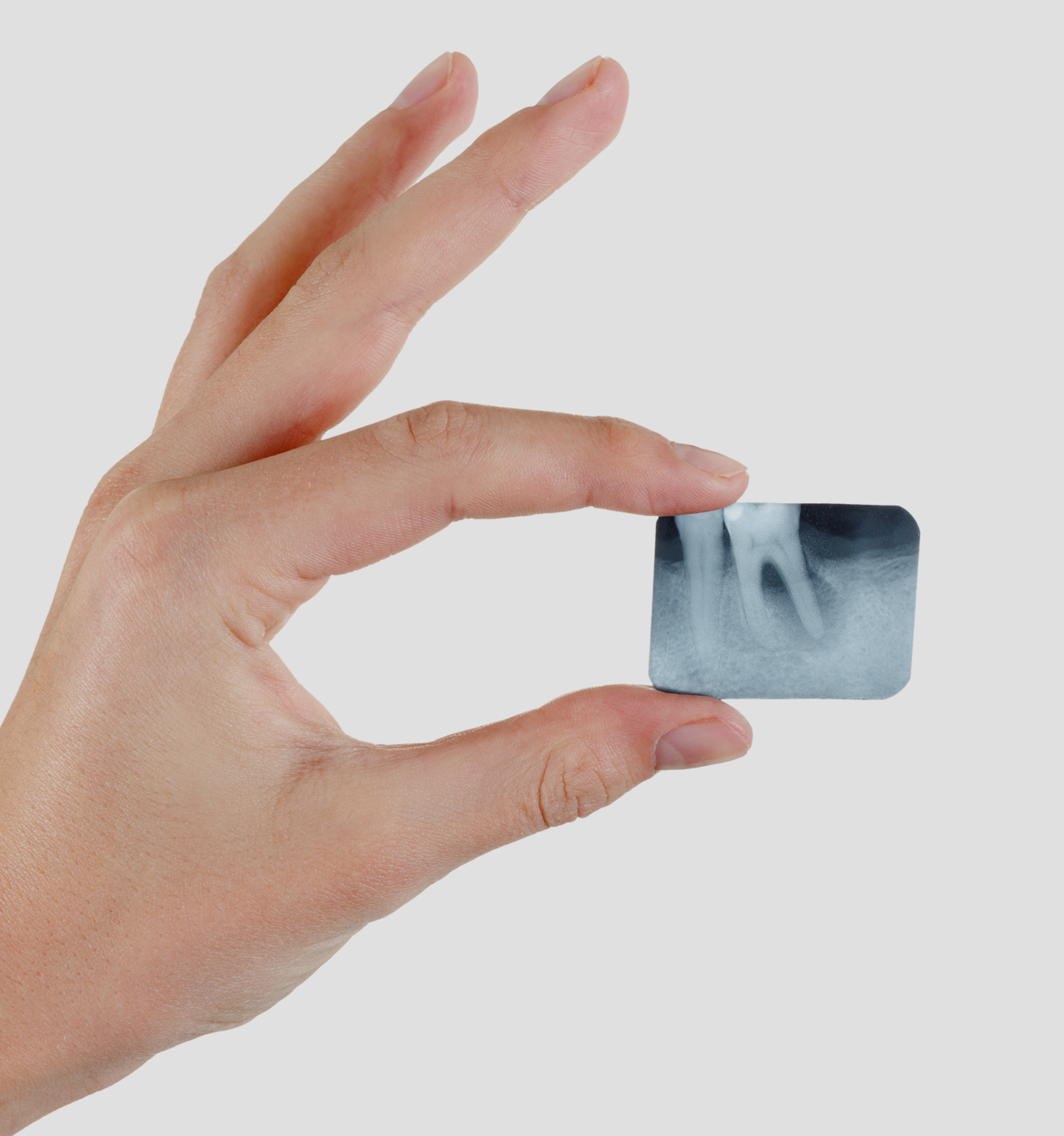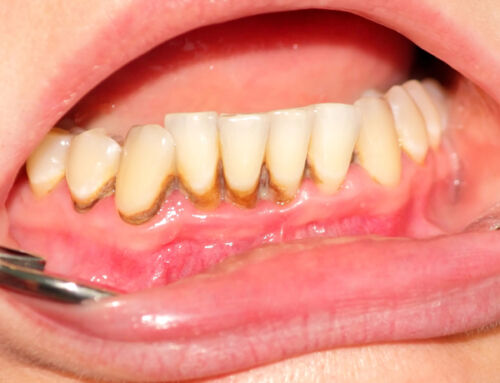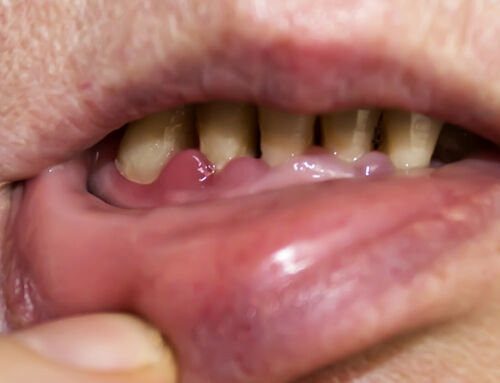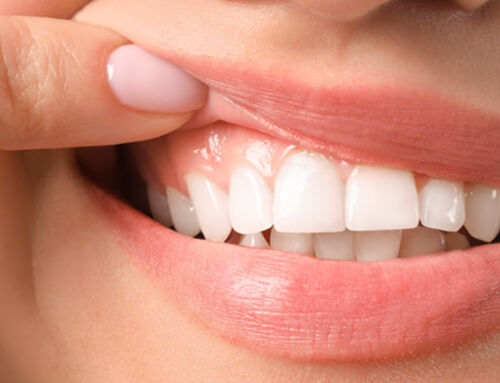Periodontics is a branch of dentistry that specifically focuses on the gums and bones surrounding the teeth. A dentist with specialized studies in periodontics is called a periodontist.
A periodontist would have received continuing education to enhance their knowledge, skill, and mastery in periodontal health. They are also better aware of the treatment protocols for periodontitis and for eliminating and treating diseased gums and bones of the teeth to restore optimal oral health.
Discover more about periodontal health, treatment, and maintenance with a periodontist with our quick read below.
What is the difference between a dentist and a periodontist?
A general dentist has up-to-date knowledge of the standards of care in dentistry. They have graduated from dental school and passed the national board exams.
General dentists can perform a broad range of dental services, including oral hygiene care, restorative and preventive dentistry, general cosmetic treatments, and prosthodontics or dentures.
Meanwhile, a periodontist has the knowledge and skill that a general dentist has but with further knowledge in periodontal treatment. Usually, additional three years in continuing school is needed for this.
Periodontists can perform the usual dental procedures while having confidence in the skill and care required to restore periodontal health. They invest in the latest periodontal technology and utilize advanced treatment procedures and techniques for quick and more efficient treatment.
Why would you see a periodontist?
Some signs and symptoms of gum or periodontal disease that may indicate the need to visit a periodontist include:
Gums that easily bleed when brushing
Gum pockets from periodontal disease harbour bacteria easily. This can cause inflammation in the gums that may trigger bleeding during toothbrushing.
Loose teeth
This is a common sign of periodontal disease. Infection in the periodontal space will continue to eat away the bone. If left to progress, bone loss will progressively worsen, leaving the tooth unsupported. Eventually, the tooth will loosen from its place.
Gum recession
Aside from bleeding, receding gums is another sign that you may need a periodontist. Recession may be due to unsupported gums from bone loss due to periodontal infection.
Bad breath
When the disease is left untreated, bacterial infection will cause halitosis or bad breath. This is especially for generalized bone loss and deep pocket formation, where bacteria can thrive.
During a routine check-up with X-rays, your dentist may also recommend that you see a periodontist if they see that bone loss is present. This is a definitive symptom of periodontitis and will need urgent treatment to prevent further decrease of bone and eventual tooth loss.
What type of procedures does a periodontist perform?
A periodontist may provide treatment and management for periodontal disease and maintenance of good periodontal health to prevent disease. Some of these procedures include:
Periodontal maintenance
Periodontal disease is highly preventable, and this is accomplished through routine professional teeth cleaning. Schedule a visit with your dentist or periodontist every six months for a thorough cleaning. Unlike regular toothbrushing, dental cleaning helps to remove debris, plaque, and calculus beneath the gum line to eliminate the possible cause of periodontal problems.
Scaling and root planning (SRP)
This is a deep cleaning treatment for tartar hard calcular deposits beneath the gums and on the tooth root. These are removed along with the diseased root tissues to remove bacteria that may cause periodontitis. With this, the periodontal area is restored to good health.
Periodontal surgery
Pocket reduction surgery
Deep pockets pose a big concern as these are spaces where bacteria can be trapped easily and proliferate. To eliminate these pockets, flap surgery is accomplished, and the gum is reattached to a new and better position. This should heal after two weeks, and your gums should look and feel healthier.
Gum grafts
This is the ideal treatment if gum recession is present. Soft tissue will be harvested and covered where the receded part is to prevent problems such as tooth sensitivity and aesthetic concerns. When healed, the area should look good as new.
Complicated tooth extraction
A periodontist can also help with complicated extractions involving a tooth that has broken along the gum line or beyond it.
Bone grafts
Decreased bone has several consequences, including unsupported teeth causing loosening, gum recession, and even altered facial profile. To avoid these, your periodontist may consider bone grafts. For this treatment, bone substitutes or bone material is packed where there is a bone loss to improve the structure.
Gingivectomy
Gum augmentation or gingivectomy is a procedure that involves cutting the gums to create a new gum line. This is recommended if there is gingivitis or deep pockets. Aside from that, this is also a cosmetic treatment that can be done if you have a high gum line. Recontouring the gums helps to create a more esthetic smile.
Frenectomy
This is a surgical procedure for tongue-tied or lip-tie. Frenum (frenulum) is a soft tissue band that connects two surfaces. If the frenum is too thick or too low, this may cause speech difficulties or aesthetic concerns. To repair this, your periodontist or surgeon will cut the area and modify the placement of the frenum.
Dental Implants
While oral surgeons and general dentists can do implants, a periodontist will have an expert assessment and skillful mastery of implant placement for ideal long-term treatment.
Periodontal regenerative procedures
This is an advanced procedure with a long-term goal of preventing periodontal disease and maintaining periodontal health. Using growth cells, healthy tissues, and scaffolds, damaged periodontal tissue is repaired to regenerate and improve biological activity.
Periodontal Therapy at Chinook Dental Group
Chinook Dental Group is a premier dental clinic in Calgary for periodontal treatments that help promote overall oral health, enhance your smile, and improve your lifestyle. Backed with the latest technology in periodontics and unparalleled expertise by our specialists, we offer comprehensive periodontal care for our patients.
If you are experiencing possible signs of gum and periodontal disease, book an appointment today and let us help you!






